We’re talking about scientists, elected officials and philanthropists working to save the world with TED science curator David Biello, author of “The Unnatural World: The Race to Remake Civilization in Earth’s Newest Age.”
Read more


We’re talking about scientists, elected officials and philanthropists working to save the world with TED science curator David Biello, author of “The Unnatural World: The Race to Remake Civilization in Earth’s Newest Age.”
Read more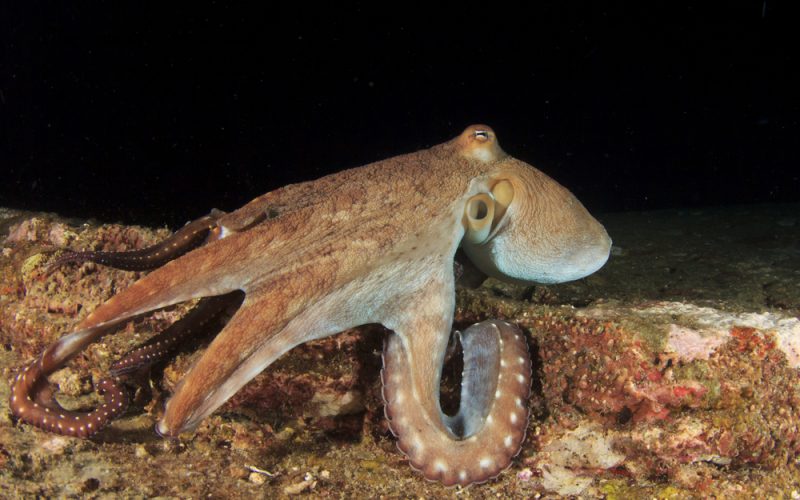
This hour, we’ll talk about how the octopus and its close relatives were likely the first to develop a complex nervous system – and about how that evolution took place independent of land animals – with City University of New York professor Peter Godfrey-Smith.
Read more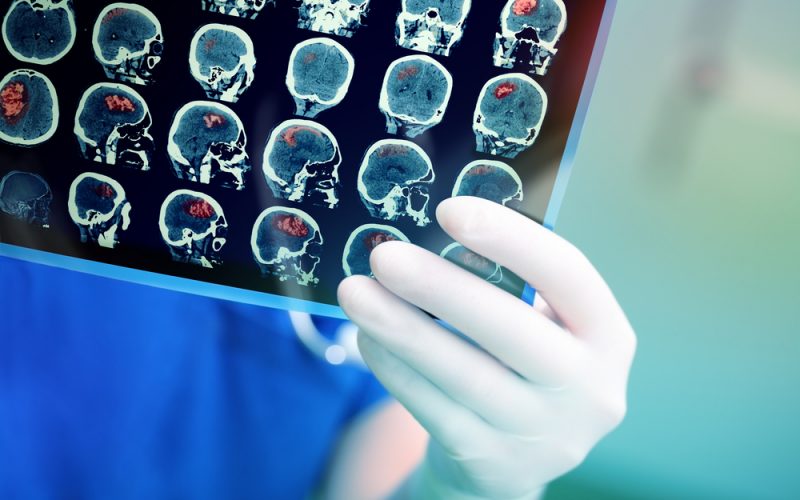
This hour, we’ll talk about how doctors search for brain function with Dr. Nicholas D. Schiff and Dr. Joseph J Fins of Weill Cornell Medicine. Their story “In Search of Hidden Minds” appears in Scientific American Mind.
Read more
This hour, we’ll talk about the possibility of using technology to predict when child abuses might happen with Dyann Daley, executive director of the Center for Prevention of Child Maltreatment, and David Sanders, chair of the Presidential Commission to Eliminate Child Abuse and Neglect Fatalities.
Read more
This hour, we’ll talk about why Mars may not be the most viable option for a space colony – and we’ll talk about the place that is: Titan, a moon orbiting Saturn, with planetary scientist Amanda Hendrix, co-author of “Beyond Earth: Our Path to a New Home in the Planets.”
Read more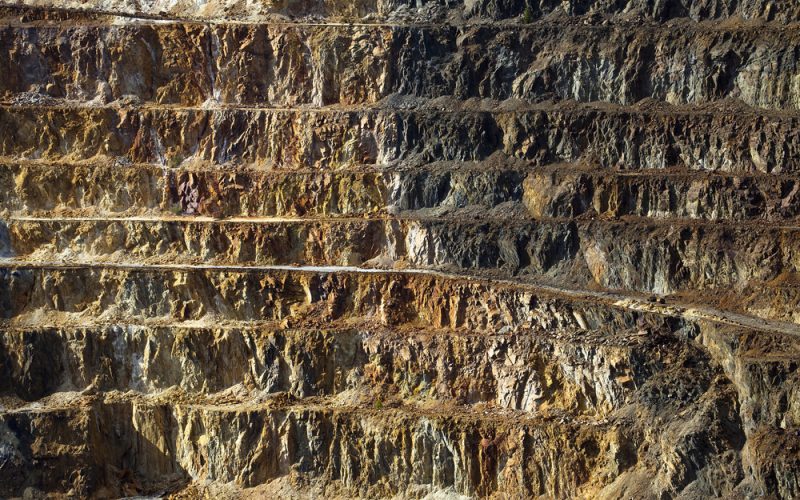
This hour, we’ll talk about how humans throughout time have turned to the Earth for the materials that power our civilization, the subject of the new NOVA series “Treasures of the Earth: Gems, Metals and Power,” which airs tonight on KERA-TV.
Read more
This hour, we’ll talk about how the CIA, FBI and military special forces share information and increasingly work together to fight terrorism with James Kitfield, senior fellow at the Center for the Study of the Presidency and Congress.
Read more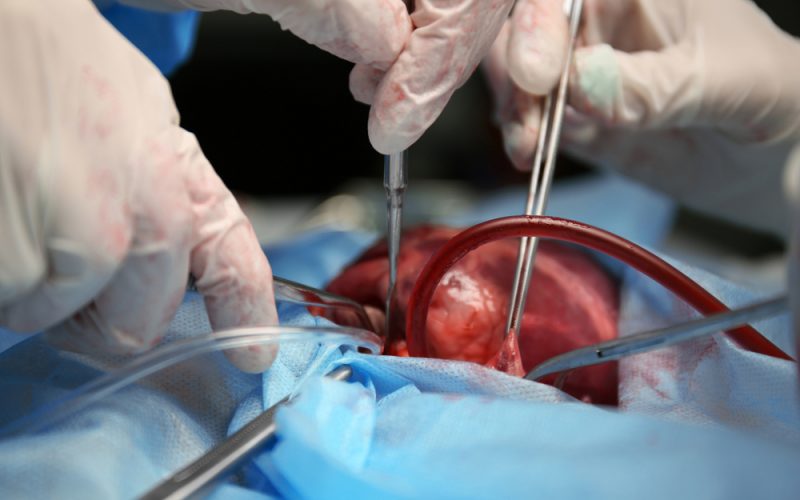
This hour, we’ll talk about the possibility of growing replacement human organs inside cows, pigs and other animals – and we’ll talk about the ethics of the practice – with Christine Gorman, senior editor for health, human biology and medicine at Scientific American.
Read more
This hour, we’ll take in the scene from the Austin’s Congress Avenue Bridge with bat experts from the non-profit Austin Bat Refuge. And later in the hour, we’ll talk about new research into how bats use sonar with Mike Ryan, professor of integrative biology at UT-Austin, and UT graduate student May Dixon.
Read more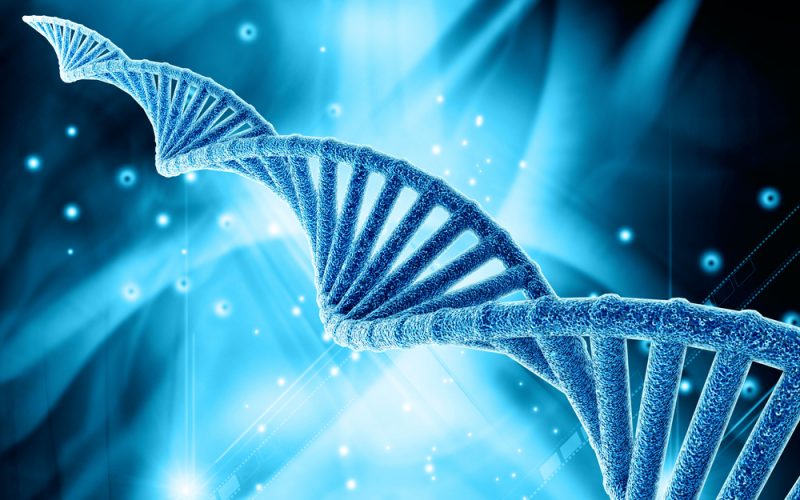
This hour, we’ll talk with Rice University evolutionary biologist Scott Solomon, about his book “Future Humans: Inside the Science of Our Continuing Evolution.”
Read more
This hour, we’ll talk about the technological advancements that have us on the brink of self-driving cars, and we’ll discuss the many logistical questions inherent with autonomous driving. We’ll be joined by Nick Gans, who researches self-driving cars at UT-Dallas.
Read more
This hour, we’ll talk about how cities can deal with climate change, income equality and other challenges with Jonathan Rose, author of “The Well-Tempered City: What Modern Science, Ancient Civilizations, and Human Nature Teach Us About the Future of Urban Life” (Harper Wave).
Read more